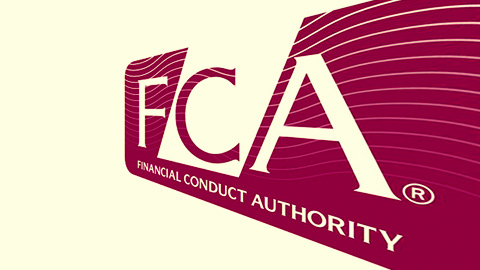FCA Urges MPs to Act on Big Tech and Finfluencer Influence in Financial Promotions
In recent discussions regarding the influence of finfluencers on financial markets, key officials from the Financial Conduct Authority (FCA) voiced their concerns about the challenges posed by social media platforms in regulating these entities. The ongoing issue of unsuitable investments being promoted online has raised alarms among regulators, highlighting the urgent need for enhanced oversight.
Concerns Raised by FCA Officials
During a Treasury Select Committee inquiry, Steve Smart, the director of enforcement, and Lucy Castledine, director of consumer investments at the FCA, expressed their frustrations regarding Big Tech firms’ inability to monitor and manage harmful content effectively. Castledine pointed out that many finfluencers continue to operate despite the FCA’s requests to shut down their accounts, often merely switching to new profiles to evade detection.
Proactive Measures Needed
- “We can’t have that content popping up 12 hours later,” Castledine stated, emphasizing the need for timely action.
- She urged Big Tech platforms to utilize their technology to identify and remove such content proactively.
- The current process requires the FCA to submit individual requests for account takedowns, which is inefficient and ineffective.
The Role of Finfluencers
Finfluencers, or financial influencers, are known to illegally promote financial investment products to their followers on social media. While the FCA has charged several of these individuals with promoting unauthorized trading schemes, securing convictions has proven difficult.
Legal Implications for Influencers
Under existing legislation, social media influencers found guilty of illegal activity can face up to two years in prison. However, the FCA is advocating for an increase in this maximum sentence to five years, arguing that the current penalties are insufficient for deterring unlawful practices.
Addressing Illegal Financial Content
“Fundamentally, this content is illegal,” Castledine reiterated. “It is driving people to part with their money, and this is a recurring theme we are witnessing.” The FCA’s call to action is clear: stakeholders must recognize the gravity of the situation and implement necessary measures to protect consumers.
For more information on the impact of social media on financial practices, you can visit the FCA’s official website or read about the challenges faced by regulators in controlling finfluencers on platforms like Investopedia.






